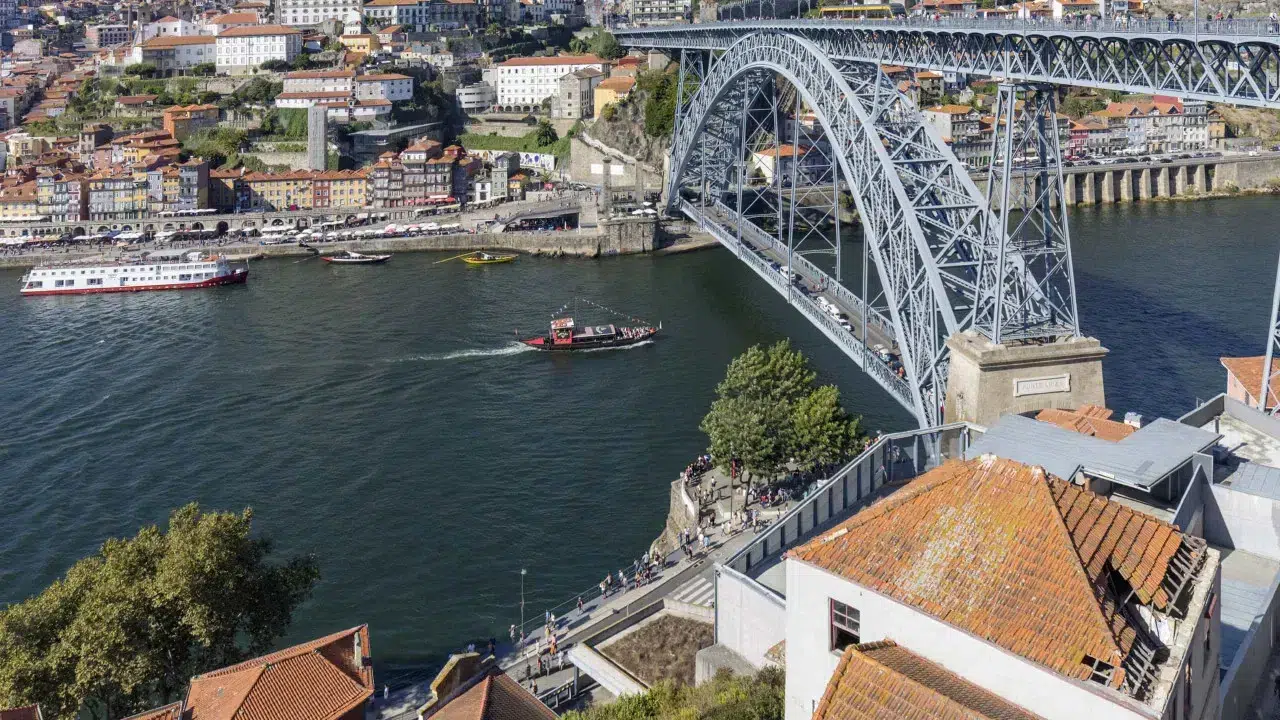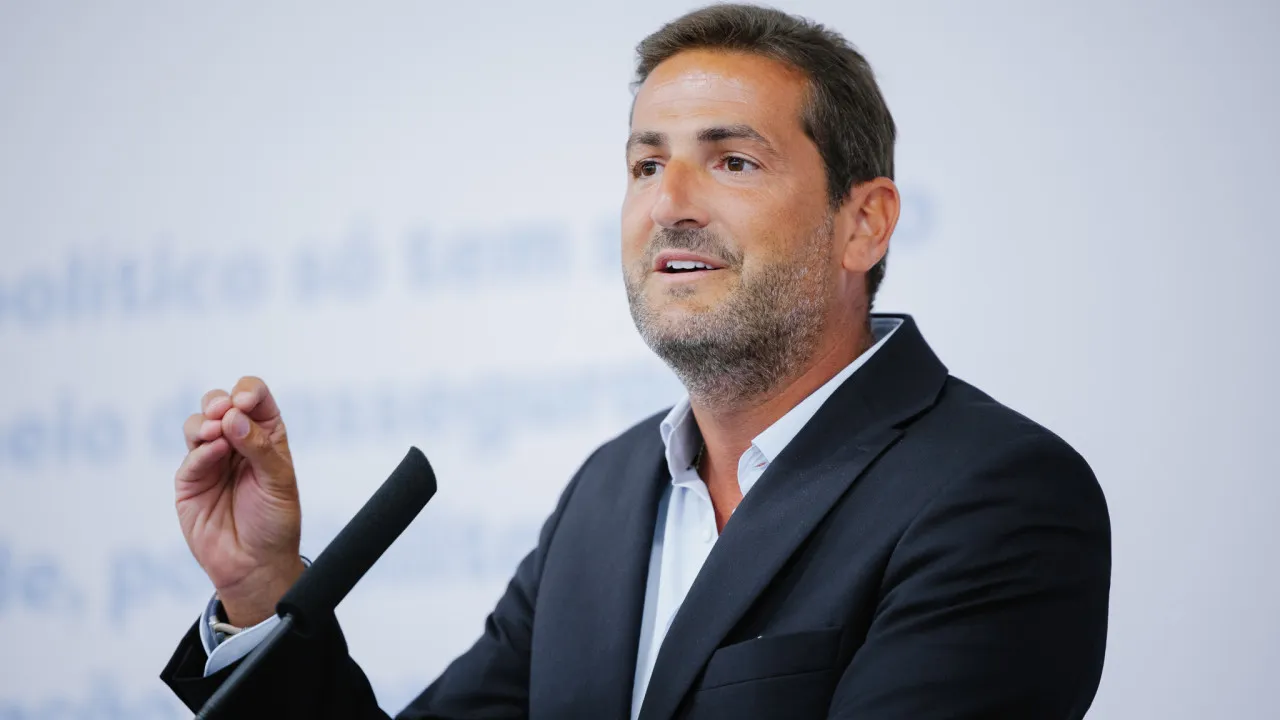The government will present a package of measures to strengthen the safety of the national electricity system on July 28, following the blackout on April 28 that affected millions in Portugal and Spain. The aim is to prepare the country to avoid or minimize future impacts.
Environment and Energy Minister Maria da Graça Carvalho stated on Wednesday that the goal is to “act now” based on the preliminary technical conclusions of the ongoing investigation into the blackout.
The launch date of this package of measures will mark exactly three months since the incident.
Notably, Spain has also approved urgent measures in the wake of the blackout.
“The final conclusions of the independent report are not yet available, but there are already enough technical recommendations for us to start acting. And that’s what we’re going to do,” said the minister following a meeting in Brussels with the European Agency for the Cooperation of Energy Regulators (ACER), which is conducting the European audit of the incident.
What can be expected from the package of measures?
Planned actions include strengthening energy storage, increasing the emergency response capacity of the system (‘black start’) by doubling the number of power plants prepared to autonomously restart the electrical grid to four, and measures to accelerate the licensing of energy communities and self-consumption projects.
Solutions are also being studied to improve the resilience of critical infrastructures, such as health centers or communication systems, by installing renewable production systems with batteries. “We need to better prepare society to respond to these kinds of situations,” the minister noted.

The package, which was also discussed in the same meeting, will include legislative proposals to facilitate the implementation of these solutions, as well as enhanced voltage control in renewable plants, in line with Spain’s recent adoption.
The minister assured that the report being prepared by ACER will be “truly independent” and that the presentation of the conclusions is scheduled for the end of 2025, after the last technical meeting planned for October.
What is already known about the blackout?
The minister confirmed that some preliminary conclusions have already been validated: the blackout originated in southwestern Spain, was caused by several combined factors, including voltage control failures, and there were no indications of a cyberattack. These are the same conclusions recently presented by the Spanish government.
When asked about possible compensation claims against Spain, the minister stated that it is not the government’s current focus. “Above all, we want to deeply understand what happened, identify the real causes, and take measures to prevent it from happening again,” she emphasized.
Maria da Graça Carvalho also argued that the incident, which left Portugal and Spain without electricity for nearly 12 hours, accelerated European cooperation.
The minister announced that an agreement was recently signed between the governments of France and Spain and the European Investment Bank to finance, with about 1.6 billion euros, the strengthening of one of the electrical interconnections with the Iberian Peninsula—a long-standing demand of Portugal.
Regarding energy prices, particularly fuels, the minister expressed cautious optimism despite the instability in the Middle East.
“Portugal is relatively protected due to the diversity of suppliers and routes. Our imports mainly come from the Atlantic [and not the Strait of Hormuz], with sources in Brazil, Algeria, the United States, and Nigeria,” she explained, stressing that the government will continue to monitor the situation in coordination with sector entities.




